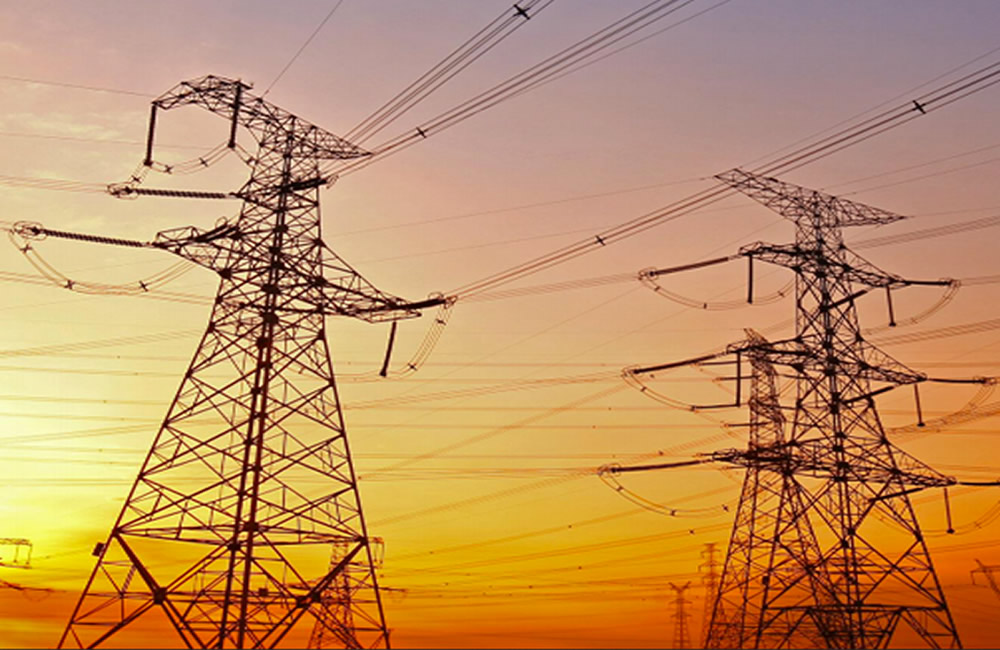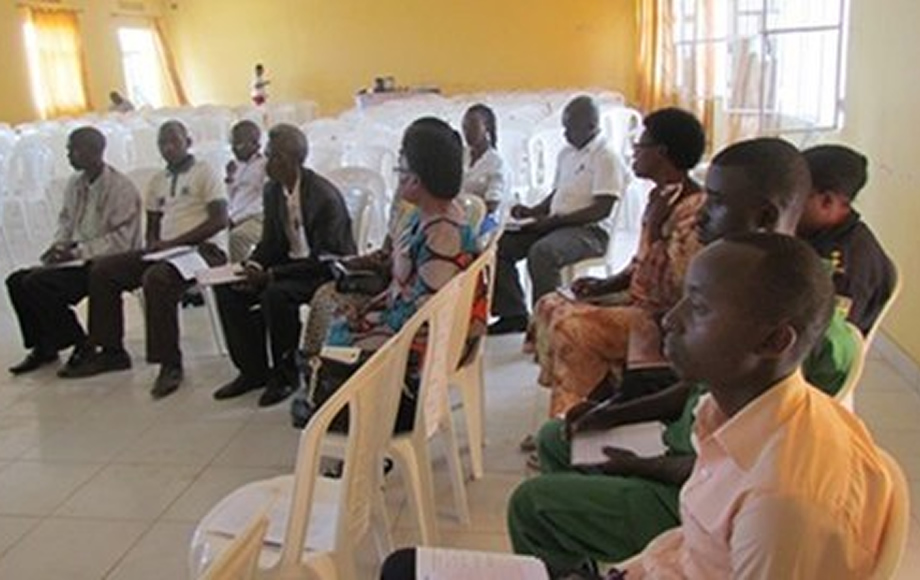Rwanda has signed a $24.17 million financing agreement with the African Development Bank (AfDB) in support of the regional 147MW Ruzizi III hydropower plant (HPP).
Rwanda’s minister for finance and economic planning, Claver Gatete, commented: “The project [Ruzizi III hydropower] underscores the importance of ensuring reliable and affordable electric power supply to achieve sustainable economic transformation.”
Gatete noted that the concessional loan is one of the cheapest as it stands at 0.75% and will be paid back in 38 years with a grace period of five years, reports The New Times.
The Ruzizi III plant is a regional project shared by Rwanda, Burundi, and the Democratic Republic of Congo (DRC) and is expected to generate more than 147MW of electricity.
The generated power will be shared equally amongst the three participating countries with Rwanda getting at least 50MW of electricity.
Gatete also stated that the hydropower project is the first regional project designed as a public-private partnership aimed at optimising the hydropower potential across the region.
According to the media, the entire Ruzizi III hydropower project is estimated to cost $625 million, including the AfDB’s overall contribution of $190 million covering contributions for Burundi, DRC and Rwanda, and resources to be lent directly to the Project Company on commercial terms.
Ruzizi III relevant to climate change
The AfDB country representative, Negatu Makonnen, disclosed that the project package will also include an 8.3 kilometer and 220kV transmission line connecting Kyamanyola power dispatch centre and associated power evacuating lines.
Makonnen said: “Sustainable regional infrastructure is a necessity for strong regional integration and key to successfully tackling today’s most challenging climate change-related problems and security.
“The Multinational Ruzizi III HPP is central to AfDB’s strategic vision for the development of the African energy sector through the promotion of universal access to low-carbon and inclusive modern energy. This concept has been demonstrated several times in this country.”
Construction of the project is expected to commence in 2018 and could take four year to reach completion.



